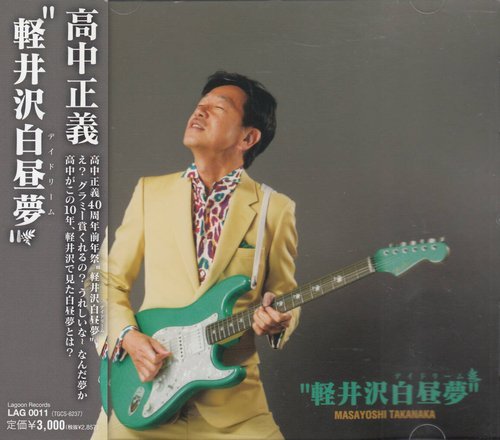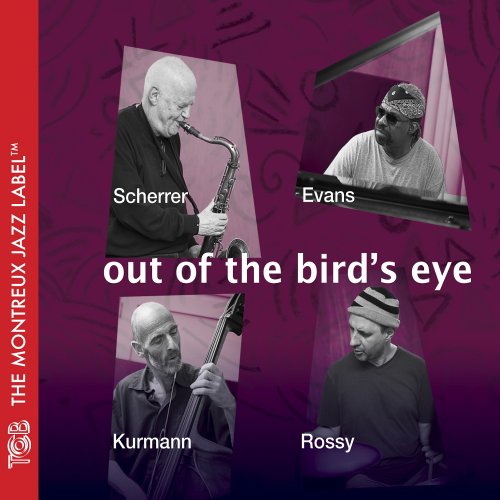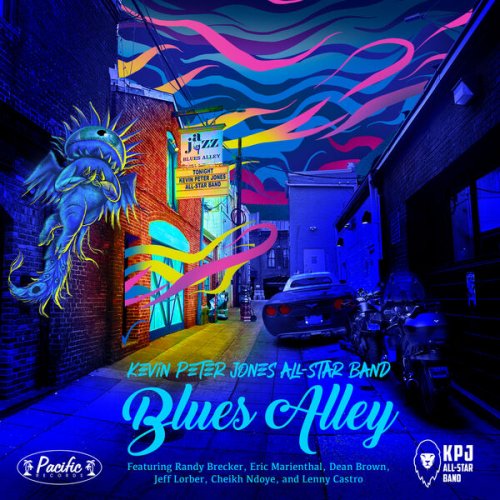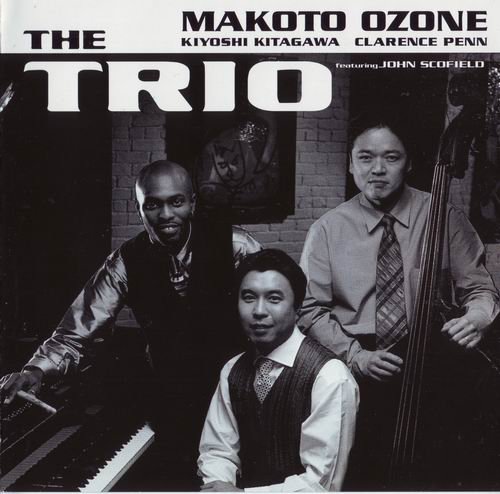Octobre - L'Autoroute Des Rêves (Reissue) (1977/1991)
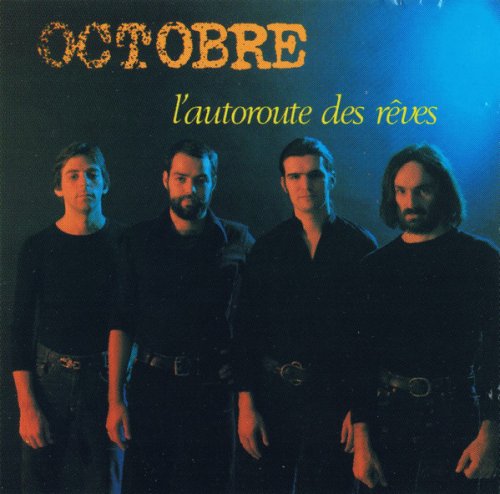
Artist: Octobre
Title: L'Autoroute Des Rêves
Year Of Release: 1977/1991
Label: Sony Music/Columbia House
Genre: Prog Rock
Quality: Mp3 320 / Flac (tracks, .cue, log)
Total Time: 38:20
Total Size: 100/240 Mb (scans)
WebSite: Album Preview
Title: L'Autoroute Des Rêves
Year Of Release: 1977/1991
Label: Sony Music/Columbia House
Genre: Prog Rock
Quality: Mp3 320 / Flac (tracks, .cue, log)
Total Time: 38:20
Total Size: 100/240 Mb (scans)
WebSite: Album Preview
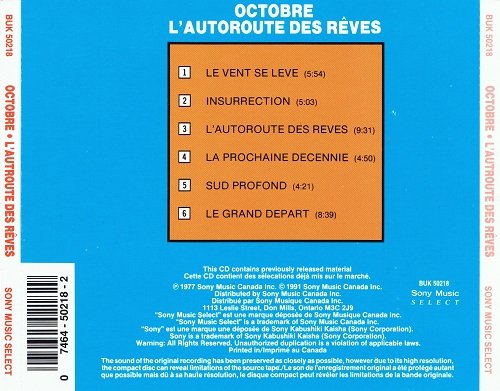
Tracklist:
1. Le Vent Se Lève (5:54)
2. Insurrection (5:06)
3. L`Autoroute Des Rêves (9:28)
4. La Prochaine Décénnie (4:52)
5. Sud Profond (4:23)
6. Le Grand Départ (8:40)
Line-up::
Pierre Flynn - keyboards, lead vocals
Jean Dorais - guitars
Mario Légaré - bass
Pierre Hébert - drums
Additional musicians:
Giséle Poitras - backing vocals
Yolande Parent - backing vocals
Louise Parent - backing vocals
Louise Charboneau - backing vocals
Denis Marchand - backing vocals
Jean-Pierre Rondeau - backing vocals
Pierre Sénégal - backing vocals
Serge Benôit - backing vocals
Richard Gregoire - orchestrations
André Pereault - orchestrations
22-piece orchestra
Horn & Woodwind Ensemble:
Pierre Daigneault - saxophone
Gary Nagels - trombone
Joe Christie - saxophone, flute
Bernard Brien - trumpet
With a first album released in 1973, Octobre (the name comes from the episode of terrorism Quebec lived through in October 1970) preceded by a few months the arrival of Beau Dommage and Harmonium on the Quebec music scene, becoming one of the first francophone groups of the province (with Offenbach) to leave its mark. More intellectual than any of these bands, they didn't reach the same popular success, but still remain an essential part of Quebec '70s rock.
In 1969, singer/keyboardist Pierre Flynn, his cousin guitarist Jean Dorais, and his friend bassist Mario Légaré were teenagers playing songs by the Rolling Stones, the Beatles, and Bob Dylan in an undocumented band called Gladstone, which lasted over a year. Légaré, Flynn, and local drummer Pierre Hébert formed Maelstrom (also undocumented) in 1971, a group focusing on francophone rock. In 1972, Dorais quit the group Jude 3 (a prototype of the prog rock outfit Pollen) to join them, and Octobre quickly records a demo tape, followed by a first LP, eponymous, released in June of the next year. The leader was 18 years old.
Flynn's seductive voice, intense lyrics, and dashing-young-man-with-a-somber-air looks won them immediate media coverage. Their music was influenced by British progressive rock (they opened twice for King Crimson in 1973), but also by the French singer/songwriters, especially Jacques Brel. Unlike Harmonium and Beau Dommage, the most popular Quebec groups of the '70s, Octobre never used acoustic guitars; their sound was electric, rooted in city life. The song "La Maudite Machine" ("The Damn Machine") was quickly hailed as a rebellious anthem by a generation of Montrealers. From 1973 to 1976, the group played an increasing number of shows and released two other studio albums, Les Nouvelles Terres (1974) and Survivance (1975), each one expressing more complex and mature musical ideas.
The group took a hiatus in 1976-1977 to work on their fourth LP L'Autoroute des Rêves, their most ambitious record. It includes orchestral arrangements and the jazziest music Flynn ever wrote. The album was released by the major CBS (now Sony). In 1978, Octobre came back to the stage with a grandiose concert at the Théâtre Saint-Denis in Montreal with four horns and three background vocalists. Considered their finest hour, the show was released that same year as the two-LP set Chants Dans la Nuit. Another double album, a collection of songs from their first three LPs, was released by the group's former label.
Hébert quit to become a session musician, causing the first change of lineup since the group's inception. Drummer Richard Pelletier was recruited for a few concerts in 1979, along with saxophonist Gerry Leduc. By 1980, all major record labels were bailing out of the francophone Quebec market -- the failure of the first referendum for independence sends Quebec singer/songwriters to the gutter. Nonetheless, the group worked on their fifth and final LP, Clandestins (1980, Kébec Disc), which was a return to rock basics. Hébert came back for the recording and a few concerts. But the new sound left audiences rather cold and the musicians didn't have as much fun as they used to ten years before. The group played their last show in August 1982. By that time, Pierre Flynn had started working in Plume Latraverse's band. His first solo album, Parfums du Hasard, came out in 1987. Dorais also recorded a solo LP (Radio-actif, 1985) before finding a job as a computer technician. Légaré and Hébert can be heard on dozens of records by the best Quebec artists of the '80s and '90s.
André Ménard, director of the Montreal Jazz Festival, invited Octobre to reunite for one night in 1989. The show was recorded and four tracks were included on the 1995 two-CD collection 1972-1989. The release of this set gave the group the occasion to tour Quebec one last time.
In 1969, singer/keyboardist Pierre Flynn, his cousin guitarist Jean Dorais, and his friend bassist Mario Légaré were teenagers playing songs by the Rolling Stones, the Beatles, and Bob Dylan in an undocumented band called Gladstone, which lasted over a year. Légaré, Flynn, and local drummer Pierre Hébert formed Maelstrom (also undocumented) in 1971, a group focusing on francophone rock. In 1972, Dorais quit the group Jude 3 (a prototype of the prog rock outfit Pollen) to join them, and Octobre quickly records a demo tape, followed by a first LP, eponymous, released in June of the next year. The leader was 18 years old.
Flynn's seductive voice, intense lyrics, and dashing-young-man-with-a-somber-air looks won them immediate media coverage. Their music was influenced by British progressive rock (they opened twice for King Crimson in 1973), but also by the French singer/songwriters, especially Jacques Brel. Unlike Harmonium and Beau Dommage, the most popular Quebec groups of the '70s, Octobre never used acoustic guitars; their sound was electric, rooted in city life. The song "La Maudite Machine" ("The Damn Machine") was quickly hailed as a rebellious anthem by a generation of Montrealers. From 1973 to 1976, the group played an increasing number of shows and released two other studio albums, Les Nouvelles Terres (1974) and Survivance (1975), each one expressing more complex and mature musical ideas.
The group took a hiatus in 1976-1977 to work on their fourth LP L'Autoroute des Rêves, their most ambitious record. It includes orchestral arrangements and the jazziest music Flynn ever wrote. The album was released by the major CBS (now Sony). In 1978, Octobre came back to the stage with a grandiose concert at the Théâtre Saint-Denis in Montreal with four horns and three background vocalists. Considered their finest hour, the show was released that same year as the two-LP set Chants Dans la Nuit. Another double album, a collection of songs from their first three LPs, was released by the group's former label.
Hébert quit to become a session musician, causing the first change of lineup since the group's inception. Drummer Richard Pelletier was recruited for a few concerts in 1979, along with saxophonist Gerry Leduc. By 1980, all major record labels were bailing out of the francophone Quebec market -- the failure of the first referendum for independence sends Quebec singer/songwriters to the gutter. Nonetheless, the group worked on their fifth and final LP, Clandestins (1980, Kébec Disc), which was a return to rock basics. Hébert came back for the recording and a few concerts. But the new sound left audiences rather cold and the musicians didn't have as much fun as they used to ten years before. The group played their last show in August 1982. By that time, Pierre Flynn had started working in Plume Latraverse's band. His first solo album, Parfums du Hasard, came out in 1987. Dorais also recorded a solo LP (Radio-actif, 1985) before finding a job as a computer technician. Légaré and Hébert can be heard on dozens of records by the best Quebec artists of the '80s and '90s.
André Ménard, director of the Montreal Jazz Festival, invited Octobre to reunite for one night in 1989. The show was recorded and four tracks were included on the 1995 two-CD collection 1972-1989. The release of this set gave the group the occasion to tour Quebec one last time.
![Rahsaan Roland Kirk - Now Please Don't You Cry, Beautiful Edith (2025 Remaster) (2026) [Hi-Res] Rahsaan Roland Kirk - Now Please Don't You Cry, Beautiful Edith (2025 Remaster) (2026) [Hi-Res]](https://www.dibpic.com/uploads/posts/2026-01/1769782162_cover.jpg)
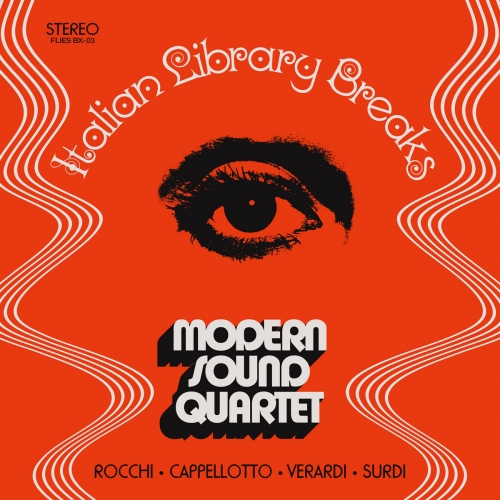
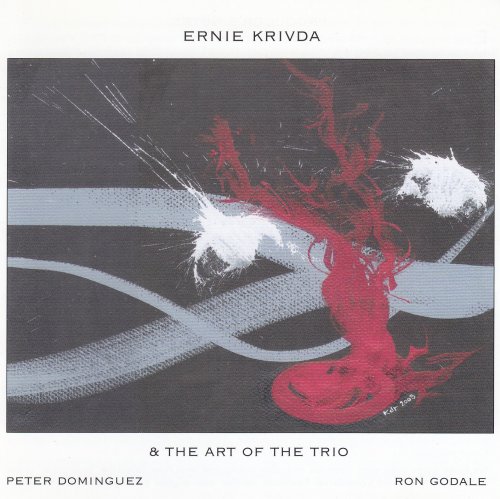
![Compro Oro - Lamellomania (2026) [Hi-Res] Compro Oro - Lamellomania (2026) [Hi-Res]](https://img.israbox.com/img/2026-01/29/z9k9v7p2kvdnm71ct3xbsyljw.jpg)
![Ian Simmonds - All That's Left (2019) [Hi-Res] Ian Simmonds - All That's Left (2019) [Hi-Res]](https://www.dibpic.com/uploads/posts/2019-03/1554007281_folder.jpg)
